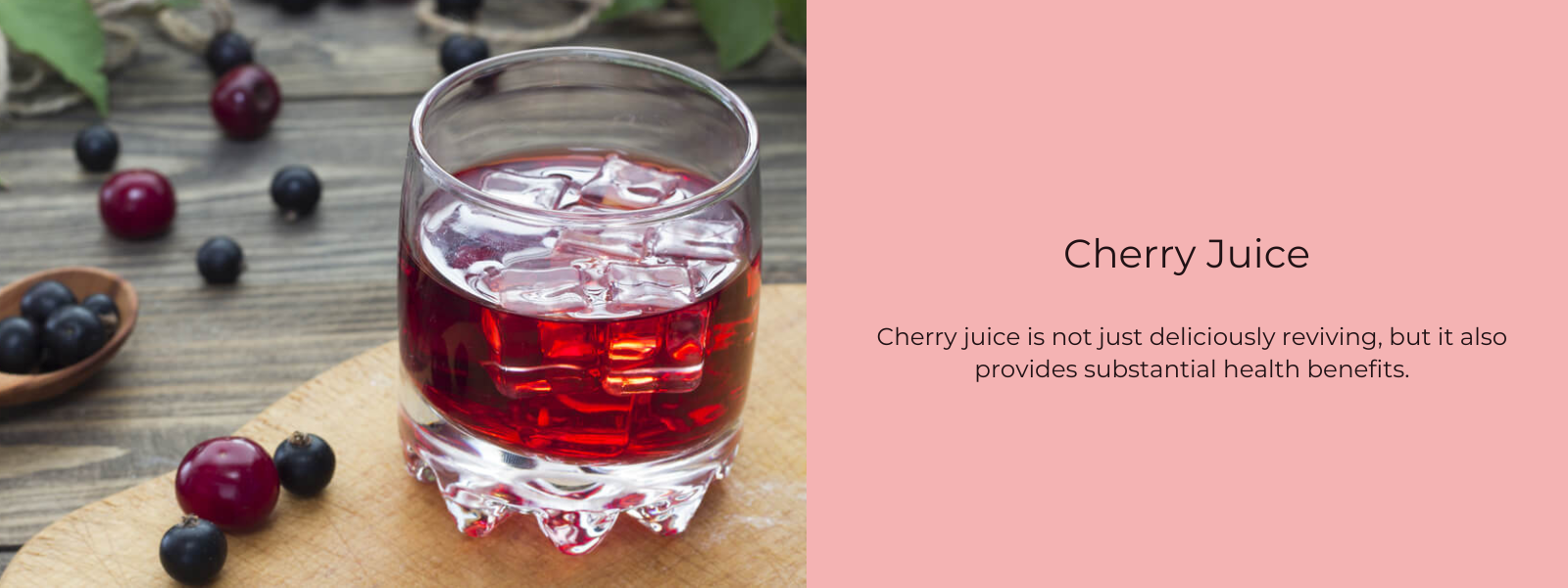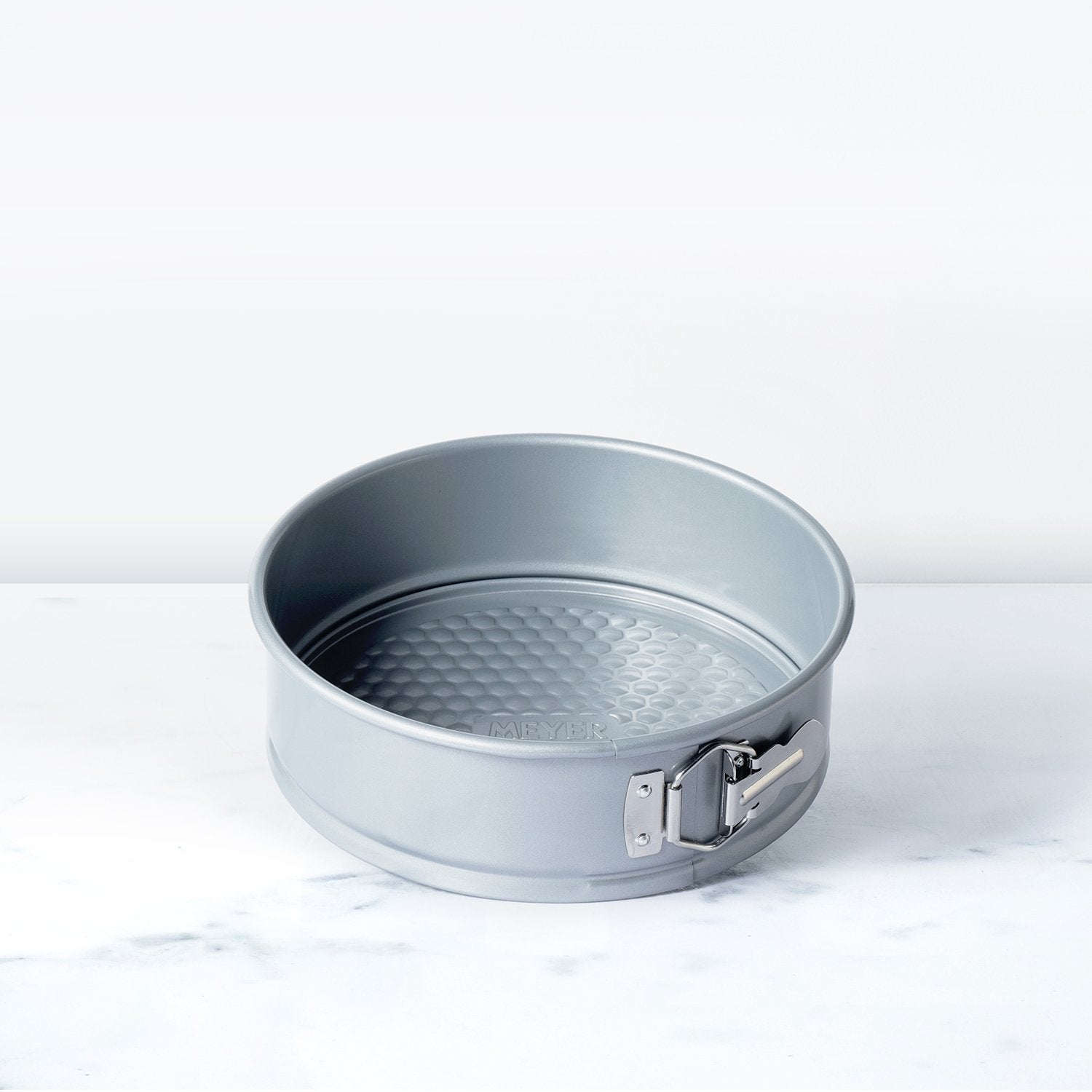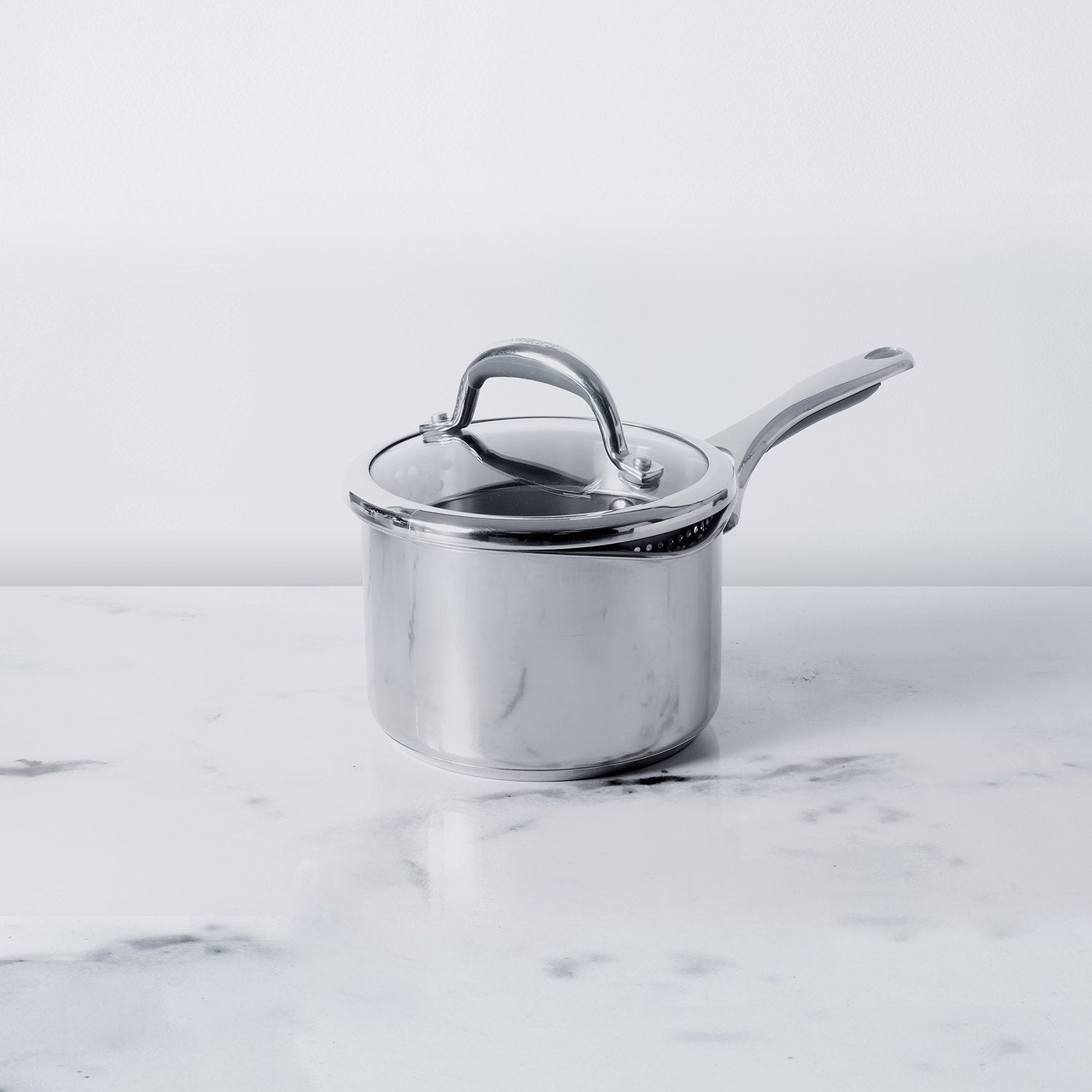Cranberries (Vaccinium macrocarpon) are native to the United States and Canada and are small, crimson berries. They develop on low-lying, creeping vines and thrive in peat-based soil and wet conditions. Cranberries and bilberries, blueberries, and huckleberries are close relatives.
The United States is the leading producer of cranberries worldwide. In 2021, Wisconsin produced 4,1 million barrels on its own.
Cranberry juice may not be as well-known as orange or apple juice, however it is a delectable and nutritious beverage. Some individuals consume it to avoid urinary tract infections. Although this constitutes one of the primary explanations for why people consume cranberry juice, it also provides a number of additional health benefits.
Table of Contents
Nutritional value of cranberry juice:
Cranberry juice several minerals and vitamins, including:
Folate
Vitamin B1
Vitamin B2
Vitamin B3
Vitamin B6
Vitamin K
Manganese
Potassium
Calcium
Magnesium
Copper
A glass of unsweetened cranberry juice includes:
0 grams of fat
31 grams of carbohydrates
116 calories
0 grams of fiber
31 grams of sugar
1 gram of protein
Health benefits of cranberry juice:
A single serving of cranberry juice is an exceptional source of vitamin C, providing 26% of the recommended daily allowance. Vitamin C serves numerous crucial functions within the body. As a potent antioxidant, it prevents free radicals from disrupting the body's cells and DNA. This could reduce the likelihood of developing heart disease, cancer, and other diseases.
Vitamin C also aids in wound healing, collagen production, iron absorption, and immune system enhancement.
Cranberry juice contains more than just vitamin C. Vitamin E is vital for the health of your epidermis, blood vessels, and heart, and a single 8-ounce glass contains around 20 percent of the daily value.
Additionally, cranberry juice has numerous benefits, including improved cardiac health. Cranberry juice's anthocyanins may help reduce arterial calcification. Several studies indicate that cranberry juice may reduce the risk of cardiovascular disease by decreasing cholesterol levels and blood pressure.
Digestive wellness:
Antioxidants in the juice, particularly proanthocyanidins of type A, can inhibit the development of Helicobacter pylori, the bacteria that causes stomach ulcers. Cranberry juice may reduce infections caused by this bacteria.
Strengthens Immune system:
Cranberry juice is abundant in vitamin C, which aids in maintaining a healthy immune system. It combats oxidative stress caused by free radicals and aids in the destruction of hazardous bacteria. Some research studies also link a deficiency in vitamin C to impaired immune function.
Prevention of infections:
E.coli is one of the most prevalent causes of UTI (urinary tract infections). Cranberry juice's A-type proanthocyanidins may prevent pathogens from adhering to the lining of the bladder along with the urinary tract. This reduces the likelihood of developing a urinary tract infection. Keep in mind that although cranberry juice can lower the probability of UTI, it cannot treat an active infection.
How to prepare cranberry juice?
Cranberry juice is simple to make at home; all you need are mature, fresh cranberries. The juice can be extracted by cold pressing the grapes or by blending them in a juicer. If you don't like their sour flavour, apply some sugar to counteract it. You can also preserve the cranberry juice in a sealed, dark container until you are ready to consume it.
Side-effects of Cranberry Juice
Check the labels of the brands of cranberry juice you purchase. Some brands add sweetener. Too much sugar in the diet can lead to gastrointestinal distress, diarrhoea, and blood sugar increases.
Cranberry juice can additionally interact negatively with blood-thinning medications. Consult your physician about the quantity of cranberry juice you may safely consume if you are taking blood thinners.











Leave a comment